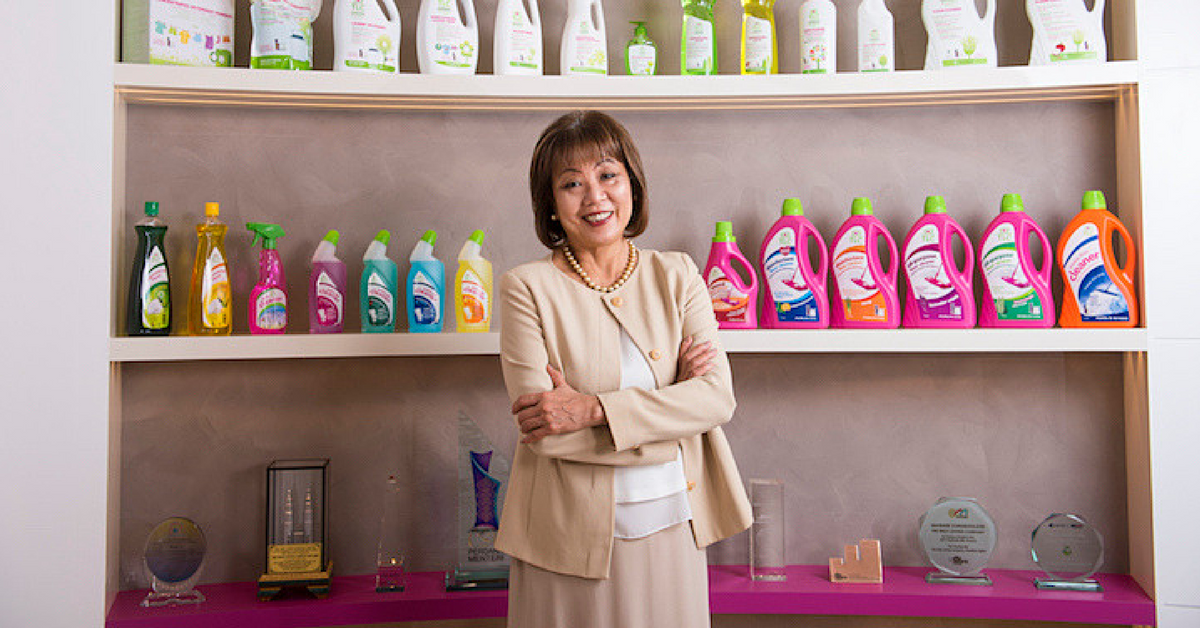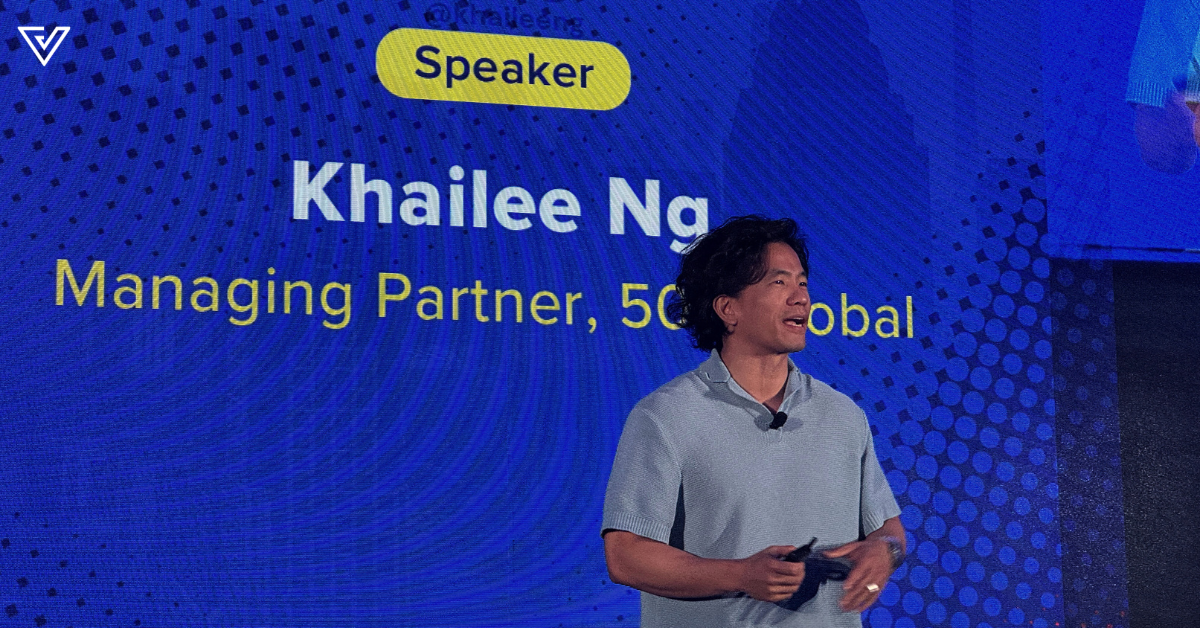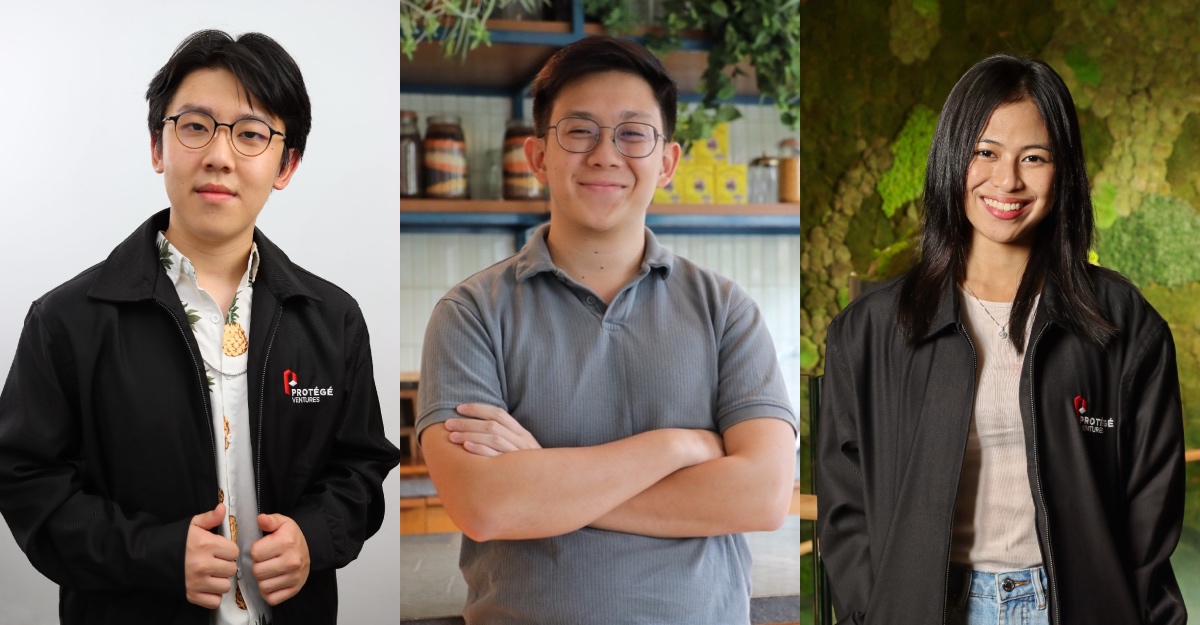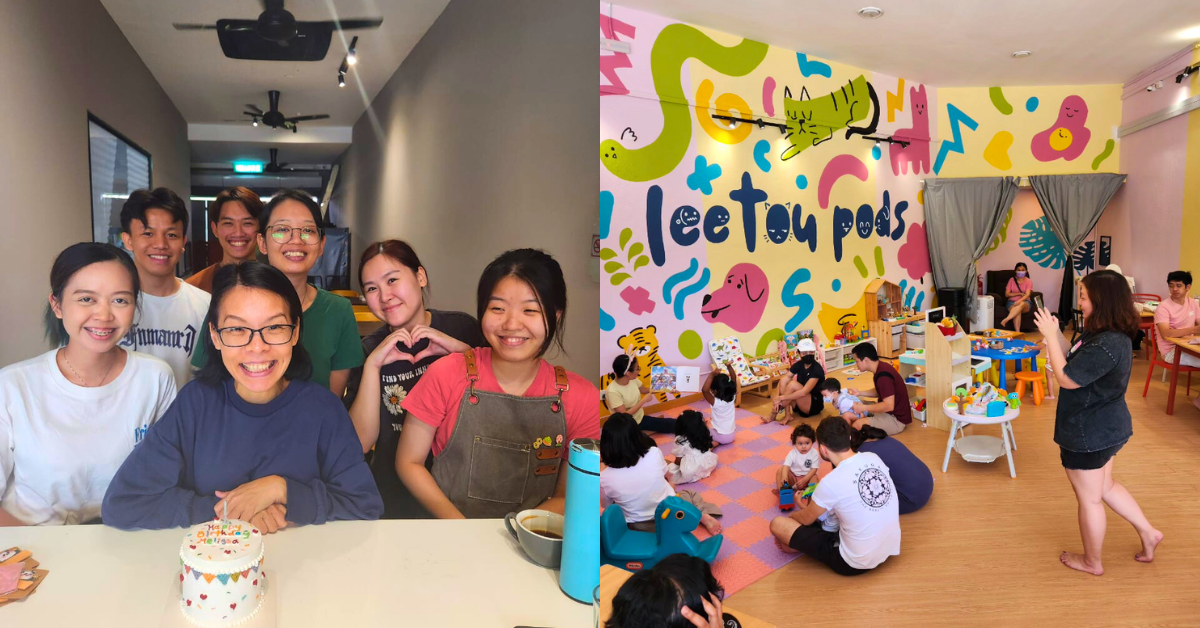- Julia of The Truly Loving Company has been running a sustainable social enterprise for more than a decade now.
- She prioritises quality in her products because otherwise, people will only care enough to try it once.
- It’s okay to charge more for a good product. You don’t always have to make things cheap.
- Knowing when to splurge and when to hold back with cash is important too.
“I believe today’s Gen Ys and millennials are much smarter than baby boomers like me,” said Julia Chong, co-founder of The Truly Loving Company (TLC) about today’s social entrepreneurship climate.
“It took me 30 years to complete my corporate career and financial commitments, before I decided that I wanted to spend the next 50% of my life in starting up a social enterprise to contribute back to the community.”
“Today’s Gen Ys or millennials start up or join social enterprises when they have only done a couple of years in the corporate world or are fresh graduates—they are inspired, motivated and are very driven to contribute back to the community and environment.”
When Julia quit a lucrative career as a Managing Director of Reckitt Beckinser for 6 countries to launch a social enterprise, it was 2006 and many Malaysians didn’t understand the idea.
Her social enterprise sells a variety of cleaning products, and all of their dividends are given out to charities.
It’s a noble cause—as many social enterprises are—but in the early days, people weren’t aware of their business model and questioned if they could succeed.
Since then, the team has been able to build a sustainable social enterprise that has even adopted an effort to go green on top of helping their beneficiaries.
The company has been registering a double-digit growth since 2009 in an industry that usually only grows between 2% to 5% per annum. And they’ve since given (both directly and indirectly) a total sum of RM1.73 million to 37 different charities.
In an interview with Julia, she revealed to us that TLC has definitely benefited from the rise of social entrepreneurship in Malaysia; they’re now seen as one of the early pioneers of the model here.
She also had a few nuggets of wisdom that might be interesting for any Malaysian with a dream of running a social enterprise, spoken as someone who used to mentor for MaGIC as well.
1. Be resourceful in how you get money to run your business.
Unlike her time, Julia thinks that budding social entrepreneurs have the opportunity and should use the resources given to them in this day and age.
“In terms of funding, as a startup, one can apply for grants and seed money/startup funding. MaGIC would be a good starting point; SME Corporation Malaysia offers grants to promote SMEs.”
“The various ministries in Malaysia, depending on your social impact, may be able to assist as well.”
But if all else fails, “self-fund and use your savings!”
“Follow your dream, have the passion to see it through, and give it your all. If you are passionate about your vision, be prepared to sell your assets to realise your dreams.”
2. Don’t assume people will care just because you’re a social enterprise.
Speaking as someone with her own charitable business, Julia dropped down some truth bombs.
“Generally, people associate things that are sold in aid of charity as being of low quality,” said Julia.
“The only way to overcome this is to get the product into their hands, and the best way to do this is by holding road shows, guest talks, interviews and promoter activation programmes,” she said, speaking about her own efforts to grow TLC.
“This is both expensive and time-consuming. But we have found that once they try our TLC products they become loyal users because the products are good and they are supporting the less fortunate.”
But of course, holding road shows is a moot point if your product or service doesn’t achieve a baseline standard.
“Quality is important to us is because if I tell you that the TLC’s products support charities, you may entertain me and buy the products once, but if there is no quality, there will be no repeat purchase and the business model will not work.”
“Therefore, quality has to come first if we are to provide charities with a long-term, regular and sustainable source of income.”
3. You can charge a higher price/fee if your product has the quality to stand up for it.
“Most times we assume that the cheaper the selling price, the more likely consumers will pick up the product,” said Julia.
“However, I believe that there are a lot of smart discerning consumers out there who will pay a little bit more money for a quality product that works effectively and has a brand purpose.”
“How many times have your tissue paper disintegrated into little pieces the minute it gets wet? How many times we are disappointed to find that packages/boxes are only half filled when we open them—we have paid more for the packaging than the content!”
Besides do-gooding, it’s crucial for social enterprises to create a product or service that people will buy even if it won’t help your beneficiaries, which is one of the keys to sustainability and brand loyalty.
4. Know where to splurge, and when to hold back.
“The key lesson I learnt was to select partners that will give you the attention, focus and staff deployment. Small is beautiful and you want partners who are lean and hungry, who need your business!”
Other than that, it’s all about distributing your resources. TLC learned that lesson the hard way early on when they attempted to use the least expensive go-to-market solution to distribute their products, which was a huge failure.
It was only when they established their own sales team to distribute and attempt to get TLC’s products into supermarkets and hypermarkets did they see a huge turnaround in the business.
Meanwhile, they still keep the team lean to keep operational costs low.
“We don’t have a receptionist and I don’t have a PA. We are very hands-on and we all go on roadshows, answer the phone calls and deal with the administrative matters,” said Julia.
“As we all multi-task, The Truly Loving Company is a very flat organisation; we are all very involved and I often say that the same team that strategize will be the same team that will wash the coffee cups when you leave.”
###
Running a social enterprise may take its toll, and Julia knows it well—after all, it took a while before people took TLC seriously.
Nevertheless, “I have always believed that one should be passionate about your dream, stay focused and navigate all the challenges as road bumps. Slow down, overcome them, learn from the experience and move on.”
While figuring out the business in the early days, Julia and the TLC team took it one step at a time to eventually get to where they are today. There is still more to come from them too.
- You can find out more about Julia and TLC on their website here.









